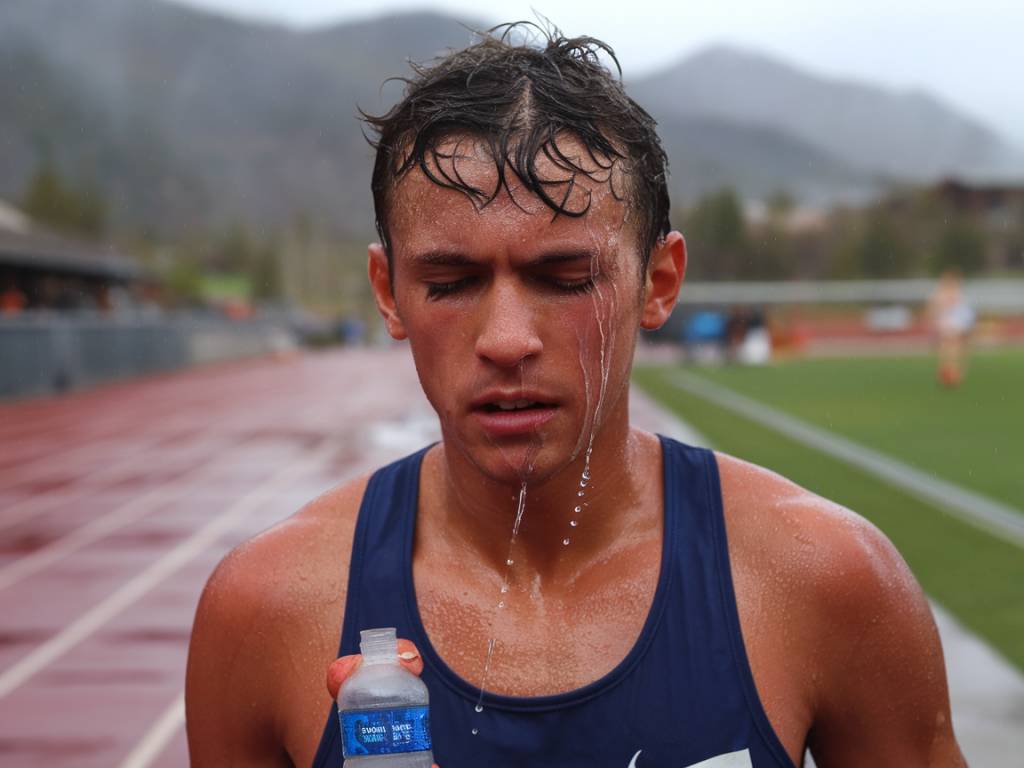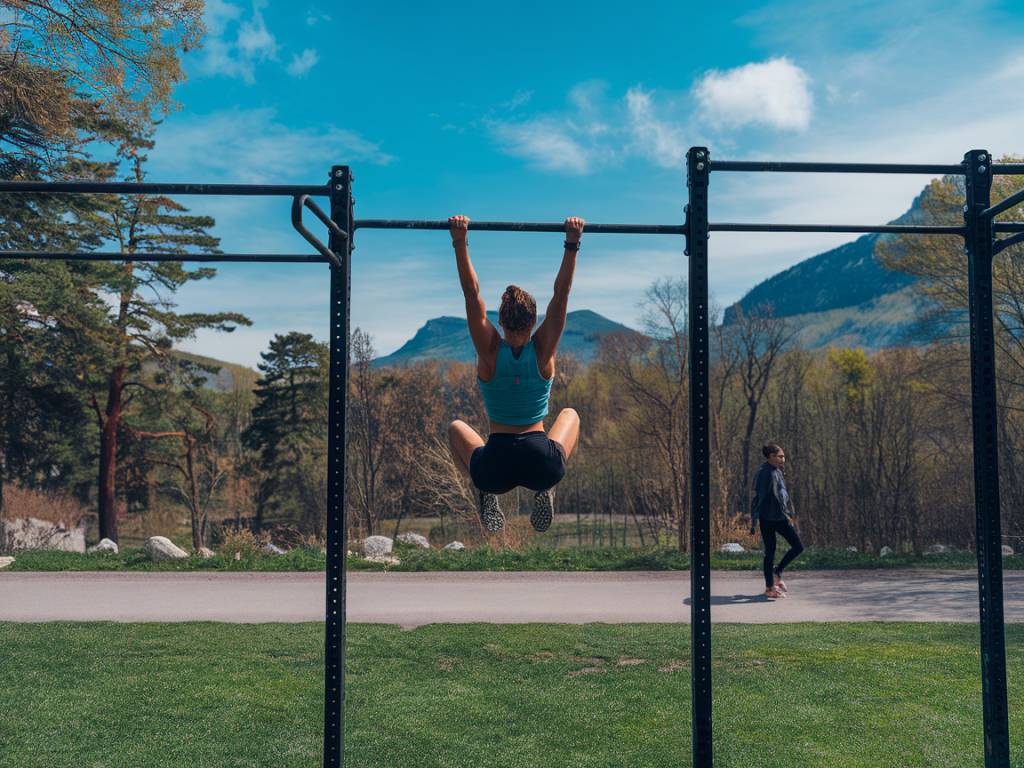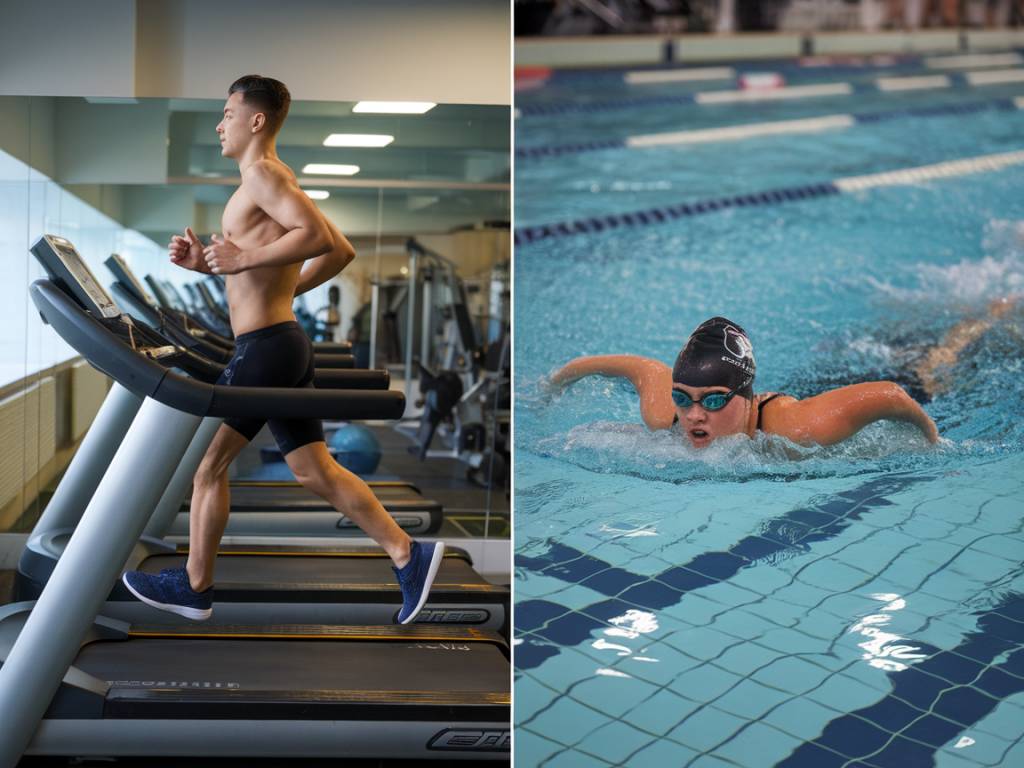The Importance of Hydration in Athletic Performance and Recovery
Hydration is often underestimated in sports, yet it plays a fundamental role in both performance and recovery. Whether you’re a professional athlete or a weekend warrior, the way you hydrate can make a significant difference in your endurance, focus, and muscle recovery. But what exactly happens when your body lacks proper hydration? And how can you optimize your fluid intake for better results?
How Hydration Impacts Athletic Performance
When you exercise, your body temperature rises, prompting your body to sweat as a cooling mechanism. While sweating helps regulate heat, it also leads to water and electrolyte loss. Even a small percentage of dehydration can negatively affect performance. A mere 2% loss in body weight due to dehydration can lead to noticeable reductions in strength, speed, and endurance.
Here are some of the key reasons why proper hydration is essential for athletic performance:
- Maintains blood volume: Hydration ensures that your blood circulates efficiently, delivering oxygen and nutrients to working muscles.
- Regulates body temperature: Water helps dissipate heat, preventing overheating and reducing the risk of heat exhaustion and cramps.
- Enhances muscle function: Adequate fluid levels support muscle contraction and coordination, helping to prevent early fatigue and cramping.
- Supports cognitive function: Even mild dehydration affects concentration, reaction time, and mental clarity—critical factors in competitive sports.
Signs of Dehydration During Exercise
Recognizing the early signs of dehydration is crucial for maintaining optimal performance. If you experience any of the following symptoms during training, it may be time to up your hydration game:
- Dry mouth and excessive thirst
- Dizziness or lightheadedness
- Increased heart rate
- Decreased urine output (dark yellow urine is a telltale sign!)
- Muscle cramps and fatigue
- Reduced endurance and dizziness
The Role of Electrolytes in Hydration
Water alone isn’t always enough, especially during prolonged or intense exercise. Sweat contains essential electrolytes such as sodium, potassium, and magnesium. These electrolytes play a vital role in maintaining hydration balance, muscle contraction, and nerve function.
Without proper electrolyte replenishment, you may experience muscle cramps, irregular heartbeats, and early onset fatigue. This is why many athletes choose sports drinks, coconut water, or electrolyte tablets to replenish lost minerals.
Best Hydration Strategies for Athletes
Hydration isn’t just about drinking water during a workout—it’s a strategy that includes pre-hydration, intake during activity, and replenishment afterward. Here’s how you can optimize your fluid intake:
Before Exercise
- Drink around 500-600 ml (17-20 oz) of water or an electrolyte-rich beverage two hours before exercising.
- Avoid excessive caffeine or alcohol before training, as they can contribute to dehydration.
During Exercise
- For workouts lasting under an hour, drinking water regularly is usually sufficient.
- For sessions exceeding an hour, incorporate a sports drink with electrolytes to maintain balance.
- Aim for 200-300 ml of fluids (7-10 oz) every 15-20 minutes, depending on your sweat rate.
After Exercise
- Rehydrate as soon as possible—your body needs to replenish lost fluids.
- Monitor your urine color: pale yellow indicates proper hydration, while dark yellow suggests you need more water.
- Consider adding sodium to your post-workout meal to aid in fluid retention and prevent hyponatremia (low sodium levels).
Hydration Myths You Should Stop Believing
“You Should Only Drink When You’re Thirsty”
By the time you feel thirsty, your body is already in a state of dehydration. Proactively sipping water throughout the day, rather than waiting for thirst cues, ensures you’re adequately hydrated before working out.
“Drinking Too Much Water is Always Good”
While staying hydrated is critical, overhydration (hyponatremia) can be dangerous. Drinking excessive water without replenishing electrolytes can dilute sodium levels in your blood, leading to dizziness, nausea, and even severe health complications.
“Coffee and Tea Dehydrate You”
While caffeine has a mild diuretic effect, moderate consumption of coffee or tea does not cause dehydration. In fact, they can contribute to your daily fluid intake.
Hydration for Different Types of Training
Endurance Athletes
Marathon runners, cyclists, and triathletes sweat extensively over long durations, making electrolyte replenishment crucial. Drinking a carbohydrate-electrolyte beverage can help maintain energy levels and prevent dehydration.
Strength Training
Even though weightlifting may not cause excessive sweating like endurance sports, hydration remains critical for muscle recovery and reducing the risk of cramps. Drinking water before, during, and after strength sessions supports muscle function and protein synthesis.
High-Intensity Workouts (HIIT)
HIIT workouts cause rapid sweating and energy depletion. Hydrating with water supplemented by electrolytes can prevent excessive fatigue and cramping.
Final Thoughts
Hydration is more than just a basic health requirement—it’s an essential pillar of athletic performance and recovery. Whether you’re training for a competition or simply aiming to improve your fitness levels, focusing on proper hydration can help you sustain energy, boost endurance, and recover more efficiently.
Want to take your hydration game to the next level? Start by tracking your fluid intake, listening to your body, and fueling it with the right balance of water and electrolytes. Your performance—and your muscles—will thank you!



